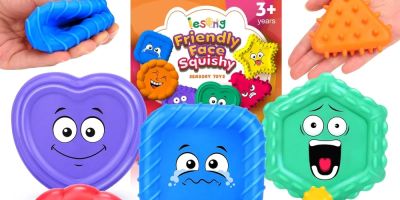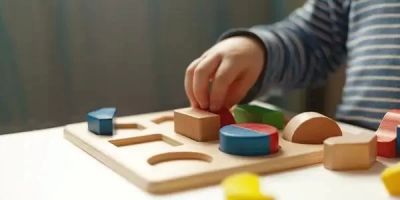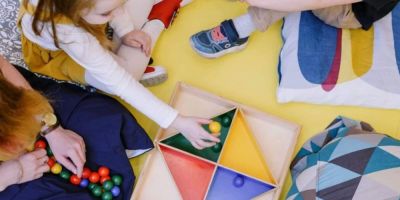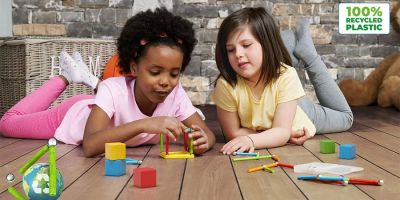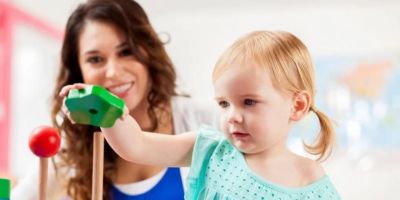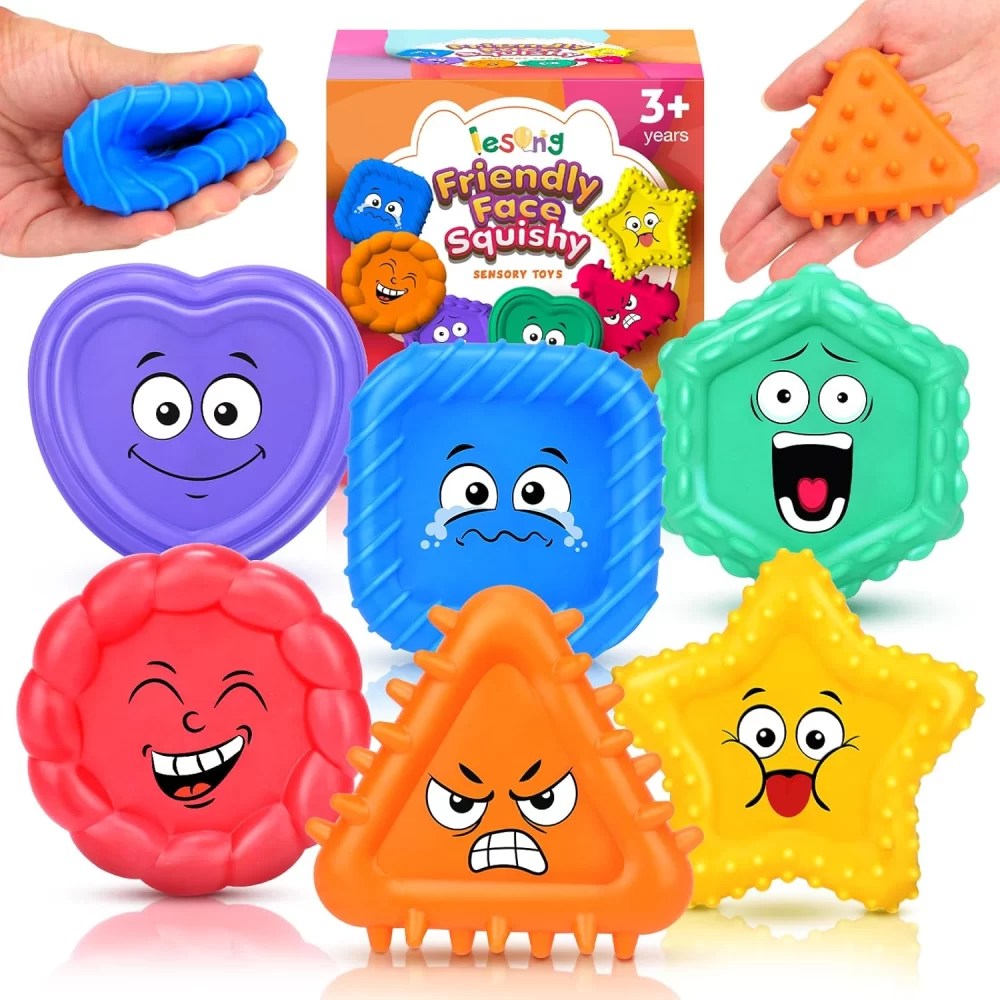
- 1-Understanding-Emotional-Intelligence-In-Children
- 2-How-To-Select-Toys-For-Emotional-Development
- 3-Top-Toys-That-Encourage-Empathy-And-Self-Awareness
- 4-Real-Life-Stories-Showing-Toys-Impact-On-Emotional-Growth
- 5-Where-To-Find-The-Best-Emotional-Intelligence-Toys
1. Understanding Emotional Intelligence in Children
Emotional intelligence (EI) is the ability to recognize, understand, and manage one’s own emotions, as well as to empathize with others. Developing this skill early in childhood sets a foundation for healthy relationships, effective communication, and resilience. Unlike academic skills, emotional intelligence often unfolds through interactive experiences, play, and social interactions.
Children who build strong emotional intelligence can better navigate challenges such as frustration or peer conflicts, leading to improved mental health and social success. It’s no surprise that parents and educators increasingly seek tools to nurture these abilities from a young age.
1.1 Why Emotional Intelligence Matters
Beyond academic achievements, emotional intelligence shapes a child’s ability to connect with others and adapt to changing environments. Studies show children with high EI often have stronger leadership qualities and problem-solving skills later in life.
1.2 Key Emotional Skills in Early Development
Important emotional skills include self-awareness, empathy, impulse control, and social communication. Toys that encourage role-playing, emotional expression, and cooperative play are especially effective in cultivating these abilities.
2. How to Select Toys That Support Emotional Development
Choosing the best toys for developing emotional intelligence involves more than picking popular or flashy items. Parents should look for toys that invite imaginative play, encourage empathy, and promote communication skills. Quality and age-appropriateness also matter to ensure engagement and safety.
For instance, toys that allow children to act out feelings through characters or scenarios can provide safe outlets to explore complex emotions. Multi-player games foster cooperation and understanding of others’ perspectives, crucial elements of EI.
2.1 Features to Look for in Emotional Intelligence Toys
Ideal toys often have open-ended designs, diverse characters, and inclusive storylines. They should challenge children to express emotions and practice problem-solving.
2.2 Avoiding Overstimulation
While stimulating toys are fun, those that bombard children with rapid lights or sounds might overwhelm their emotional processing. Simpler, thoughtfully designed toys often yield better developmental results.
3. Top Toys That Encourage Empathy and Self-Awareness
Among the best toys for developing emotional intelligence, several stand out for their proven benefits. Dolls and action figures with expressive faces and diverse backgrounds invite children to imagine different feelings and stories. Board games designed to teach sharing and turn-taking naturally build patience and cooperation.
One example is a puppet set that allows kids to role-play conversations, helping them understand emotions like happiness, anger, or sadness. Another is a feelings flashcard game that prompts children to identify and talk about their emotions.
3.1 Role-Playing Toys and Dolls
These toys are invaluable for practicing empathy by “stepping into someone else’s shoes.” Children learn to verbalize and interpret emotions, which improves social competence.
3.2 Cooperative Board Games
Games that require teamwork rather than competition foster collaboration, teaching children how to navigate group dynamics with kindness and respect.
3.3 Storytelling and Creative Kits
Creative arts kits or storytelling sets encourage self-expression and emotional exploration, which are core to developing self-awareness and emotional regulation.
4. Real-Life Stories Showing Toys’ Impact on Emotional Growth
Jessica, a mother of three, noticed her youngest son struggled with anger outbursts. After introducing a puppet set recommended by Knight Toys, she observed a remarkable change. He began using the puppets to express frustration instead of acting out physically. This hands-on emotional coaching through play helped him develop coping strategies.
Another story comes from a preschool teacher who integrated cooperative board games in her classroom. The children learned to share and resolve conflicts peacefully, boosting their group harmony and emotional awareness.
4.1 Professional Perspectives
Child psychologists often endorse these interactive toys because they combine fun with emotional learning. Their therapeutic value in helping children process feelings in a non-threatening way is well documented.
4.2 The Power of Play in Emotional Development
These cases highlight how the right toys are more than entertainment; they are tools for building emotional foundations that last a lifetime.
5. Where to Find the Best Emotional Intelligence Toys
Parents and educators looking for the best toys for developing emotional intelligence can find expertly curated selections at Knight Toys. This platform specializes in toys that blend education with emotional growth, offering trusted products tailored to various developmental stages.
Choosing from Knight Toys ensures that families access items vetted for quality, safety, and developmental benefit, making it easier to support children’s emotional journeys effectively.
5.1 Expert Advice and Customer Support
Knight Toys provides detailed product descriptions and guidance, helping caregivers pick the most suitable toys for their children’s unique needs.
5.2 Embracing Emotional Learning Through Play
Investing in the right toys is investing in your child’s future emotional wellbeing—Knight Toys is the partner to help you do just that.

